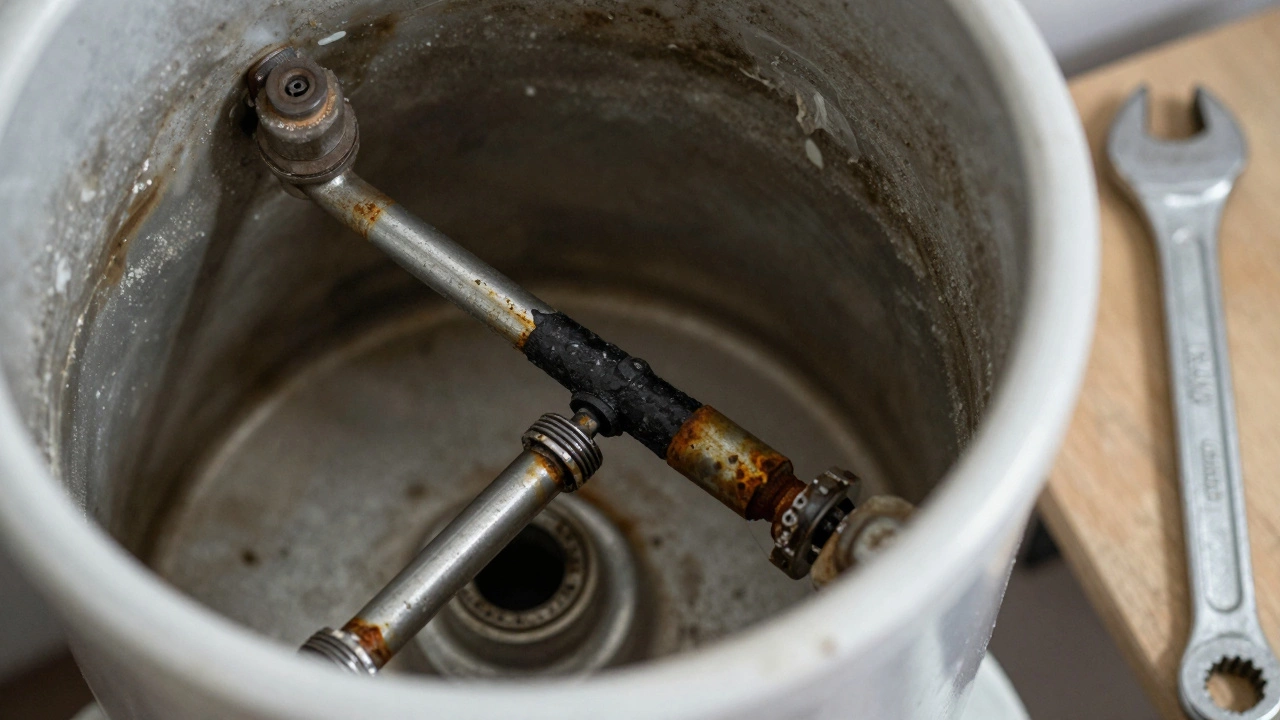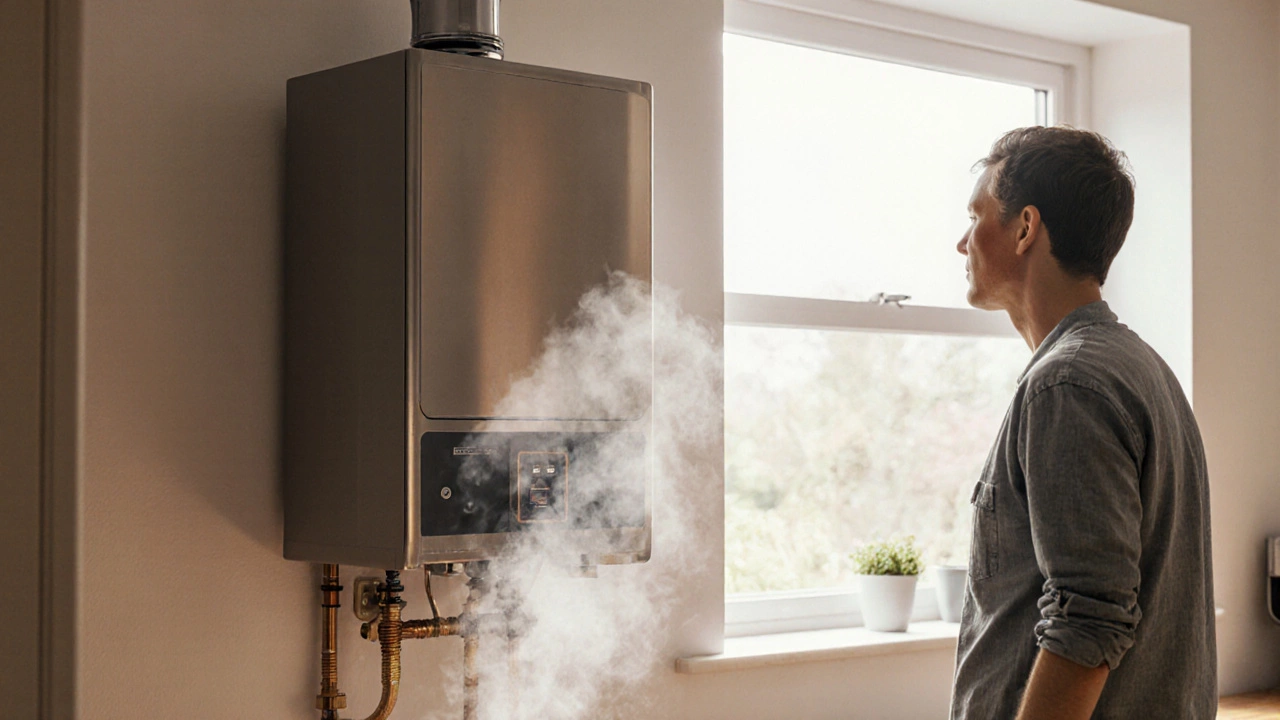Water Heater Problems – What You Need to Know
When dealing with water heater problems, any fault that stops hot water from reaching your taps or showers. Also known as hot water issues, it often stems from a few predictable culprits.
The most common trigger is anode rod, the sacrificial metal that protects the tank from corrosion. When the rod wears out, the tank corrodes from the inside, leading to leaks and loss of heat. Another frequent offender is sediment buildup, minerals that settle at the bottom of the tank and act as an insulating layer. Sediment forces the heating element to work harder, shortens lifespan, and can cause noisy operation. Finally, many homeowners notice the unit keeps resetting, a safety shutdown that occurs when the thermostat detects overheating. Frequent resets signal a failing thermostat, a blocked vent, or an electrical glitch. In short, water heater problems usually involve corrosion, mineral buildup, or control faults, and each of these issues can be traced back to a specific component.
Why It Matters and How to Stay Ahead
Hot water is a daily need, so any disruption impacts everything from morning showers to dishwashing. Regular maintenance breaks the cycle of surprise failures by catching the warning signs early. For example, inspecting the anode rod every 12‑18 months can prevent tank corrosion, while flushing the tank annually reduces sediment buildup. These steps not only extend the unit’s lifespan but also keep energy bills in check because the heater runs more efficiently. Moreover, monitoring the reset behavior helps you spot thermostat or ventilation problems before they cause a total shutdown. If you hear crackling noises, see rusty water, or experience sudden cold bursts, those are clear signals that a deeper issue is brewing.
Understanding the root causes lets you decide whether a DIY fix or professional help is the right move. Replacing an old anode rod, performing a tank flush, or resetting a tripped thermostat are tasks many homeowners can tackle with basic tools. However, if corrosion has already eaten through the tank or the reset cycle persists despite cleaning, it’s time to call an expert. Our technicians specialize in diagnosing each of these fault lines quickly, offering repair options that make sense for your budget and the unit’s age. Below you’ll find a curated set of articles that break down inspection schedules, compare top‑lasting water heater brands, explain why constant resets happen, and guide you through the repair‑vs‑replace decision. Dive in to get the practical advice you need to keep your showers hot and your wallet happy.

What Usually Breaks on a Water Heater? Common Failures and How to Spot Them
Water heaters fail in predictable ways. Learn the top 5 parts that break most often - anode rod, heating elements, thermostats, leaks, and sediment - and how to spot them before you're left with no hot water.

Key Water Heater Signs It’s Failing - What to Watch For
Learn the top warning signs of a failing water heater, why they happen, and step‑by‑step fixes to keep your hot water reliable and safe.